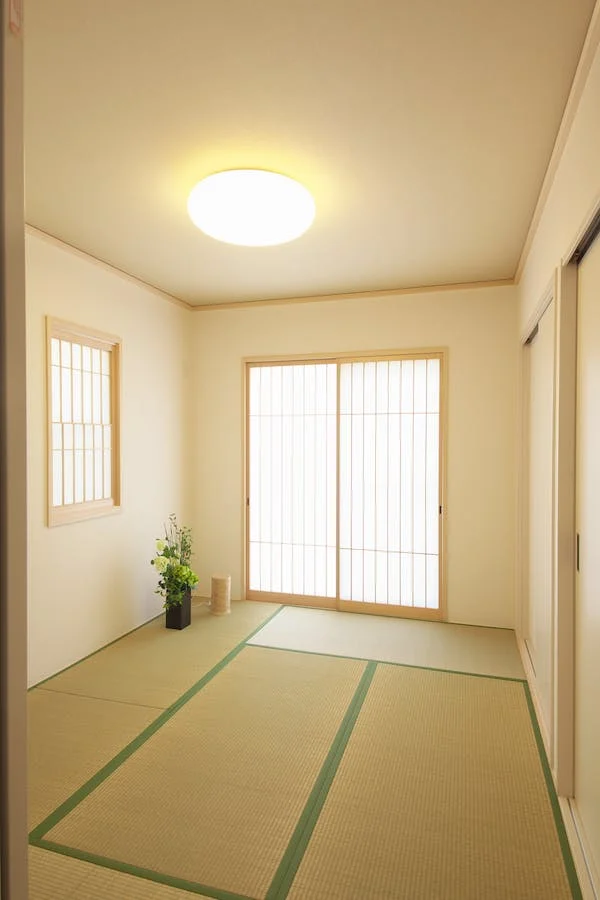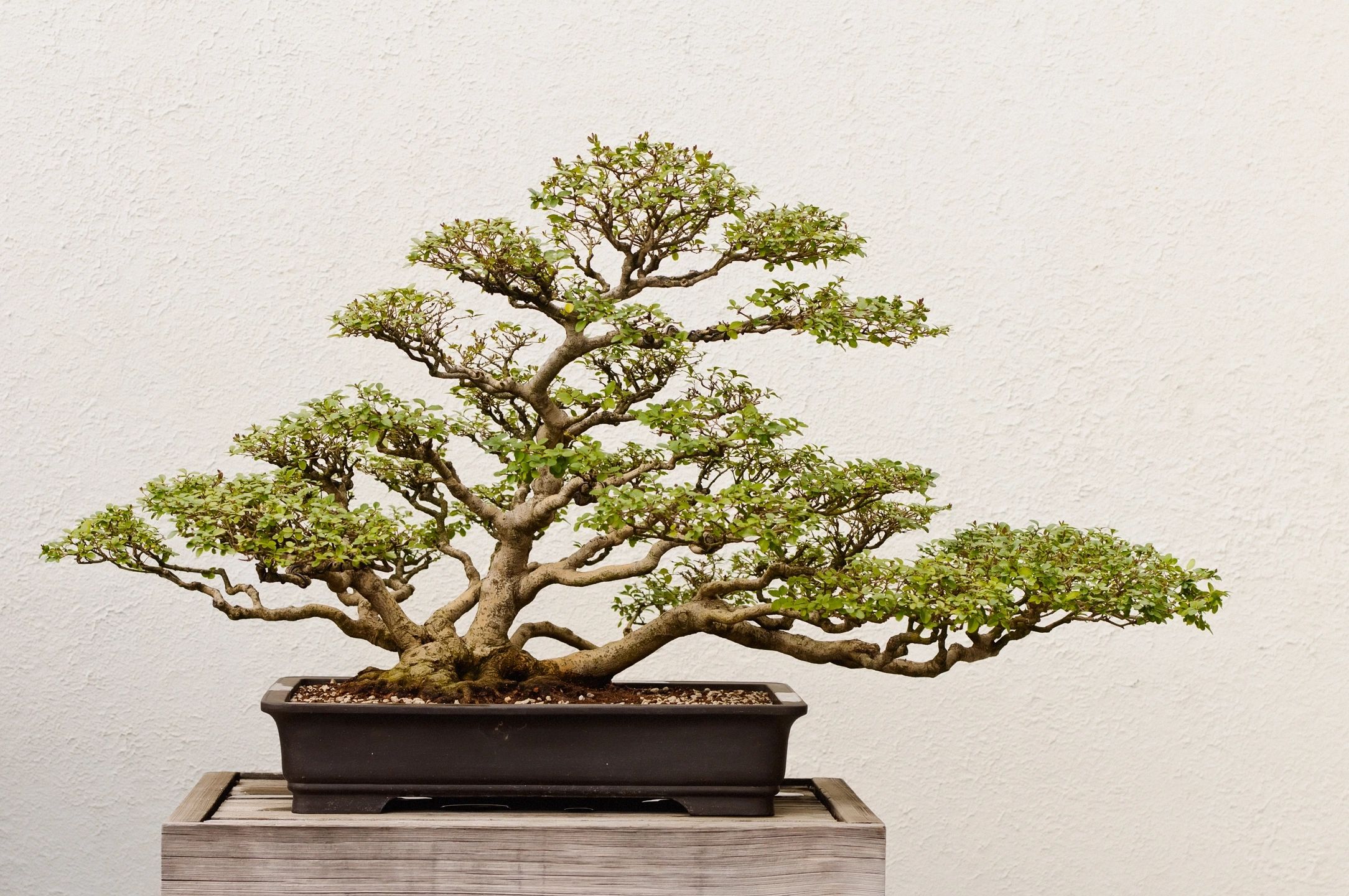Thinking clearly is a valuable skill that can greatly enhance our decision-making abilities and overall well-being. In today’s fast-paced and information-saturated world, it can be challenging to maintain clarity of thought. However, with practice and the right strategies, it is possible to cultivate clear thinking. In this article, we will explore effective techniques to help you think clearly and make sound judgments.
First and foremost, it is important to create a conducive environment for clear thinking. Find a quiet and comfortable space where you can minimize distractions and interruptions. Clear your workspace of clutter and organize your materials in a way that promotes focus and clarity. Consider incorporating elements that promote relaxation and concentration, such as soft lighting or calming scents. By creating a peaceful and organized environment, you can set the stage for clear thinking.
In addition to creating a conducive environment, it is important to take care of your physical well-being. Ensure that you are getting enough sleep, eating nutritious meals, and engaging in regular exercise. Physical health plays a significant role in cognitive function, and neglecting it can impair your ability to think clearly. Prioritize self-care and make time for activities that promote relaxation and stress reduction, such as meditation or deep breathing exercises. By taking care of your physical well-being, you can optimize your mental clarity.
Another effective strategy for clear thinking is to practice mindfulness. Mindfulness involves being fully present in the moment and observing your thoughts and emotions without judgment. It allows you to cultivate a non-reactive and non-judgmental mindset, which can enhance your ability to think clearly. Incorporate mindfulness practices into your daily routine, such as meditation or mindful breathing exercises. These practices can help calm your mind, reduce mental clutter, and improve your focus and concentration.
Furthermore, it is important to manage your emotions when striving for clear thinking. Emotions can cloud our judgment and impair our ability to think rationally. When faced with strong emotions, take a step back and allow yourself to acknowledge and accept them. Avoid making impulsive decisions or engaging in reactive behavior. Instead, practice emotional regulation techniques such as deep breathing, journaling, or talking to a trusted friend or therapist. By managing your emotions effectively, you can create space for clear and rational thinking.
Developing critical thinking skills is also essential for clear thinking. Critical thinking involves analyzing information objectively, questioning assumptions, and evaluating evidence. It allows you to approach problems and decisions with a logical and rational mindset. To enhance your critical thinking skills, engage in activities that challenge your assumptions and encourage you to think critically. Read books or articles on diverse topics, engage in debates or discussions, and seek out different perspectives. By actively engaging in critical thinking, you can sharpen your analytical skills and improve your ability to think clearly.
Another effective strategy for clear thinking is to practice active listening. Active listening involves fully focusing on and understanding the information being communicated to you. It requires setting aside distractions, maintaining eye contact, and asking clarifying questions. By actively listening, you can ensure that you have a clear understanding of the information at hand, which can enhance your ability to think critically and make informed decisions. Practice active listening in your personal and professional interactions, and strive to truly understand the perspectives and ideas being shared.
Additionally, it is important to engage in regular mental exercises to keep your mind sharp and enhance your cognitive abilities. Solve puzzles, play strategy games, or engage in activities that require mental effort and concentration. These exercises can help improve your memory, problem-solving skills, and overall cognitive function. By challenging your mind regularly, you can maintain mental clarity and improve your ability to think clearly.
Furthermore, it is important to seek out diverse sources of information and perspectives. In today’s interconnected world, it is easy to fall into echo chambers and only consume information that aligns with our existing beliefs. However, this can limit our ability to think critically and objectively. Actively seek out different viewpoints, read from diverse sources, and engage in respectful discussions with individuals who hold different opinions. By exposing yourself to a variety of perspectives, you can broaden your understanding and enhance your ability to think clearly.
Lastly, it is important to practice self-reflection and introspection. Take the time to reflect on your thoughts, beliefs, and biases. Question your assumptions and challenge your own thinking. Engage in journaling or self-reflection exercises to gain clarity on your values, goals, and priorities. By regularly engaging in self-reflection, you can develop a deeper understanding of yourself and your thought processes, which can enhance your ability to think clearly.
In conclusion, thinking clearly is a valuable skill that can greatly enhance our decision-making abilities and overall well-being. By creating a conducive environment, taking care of your physical well-being, practicing mindfulness, managing your emotions, developing critical thinking skills, practicing active listening, engaging in mental exercises, seeking diverse perspectives, and practicing self-reflection, you can cultivate clear thinking. Remember, clear thinking is a skill that can be developed with practice and patience. By incorporating these strategies into your daily life, you can enhance your ability to think clearly and make sound judgments.

